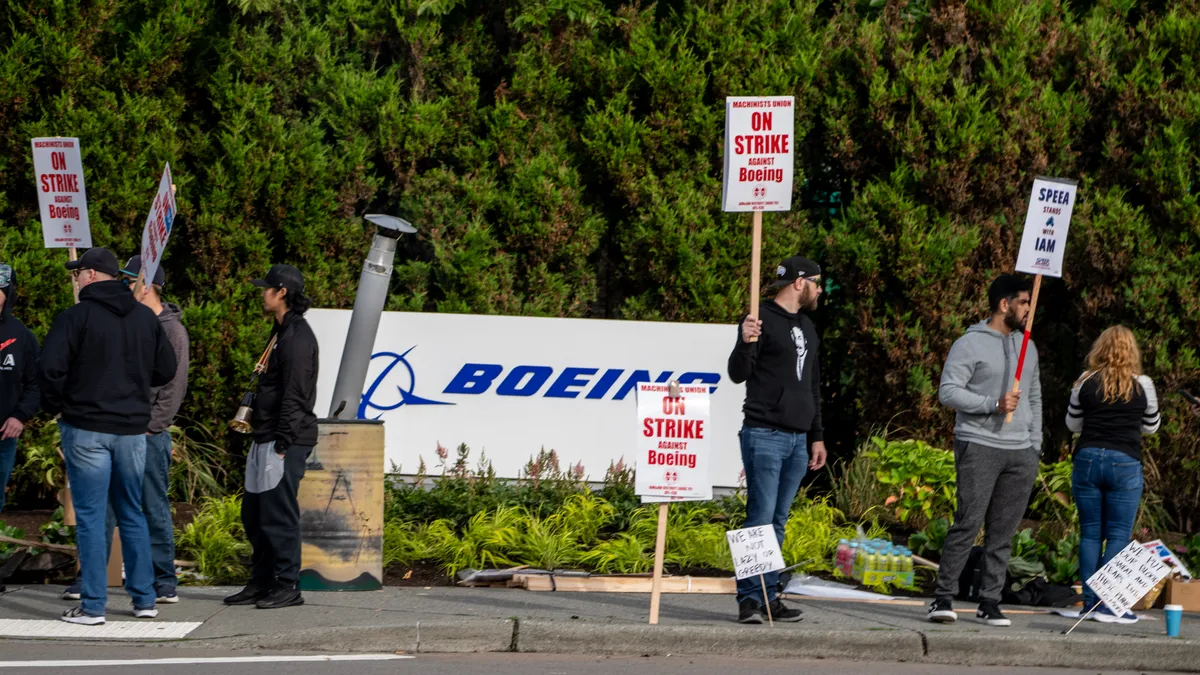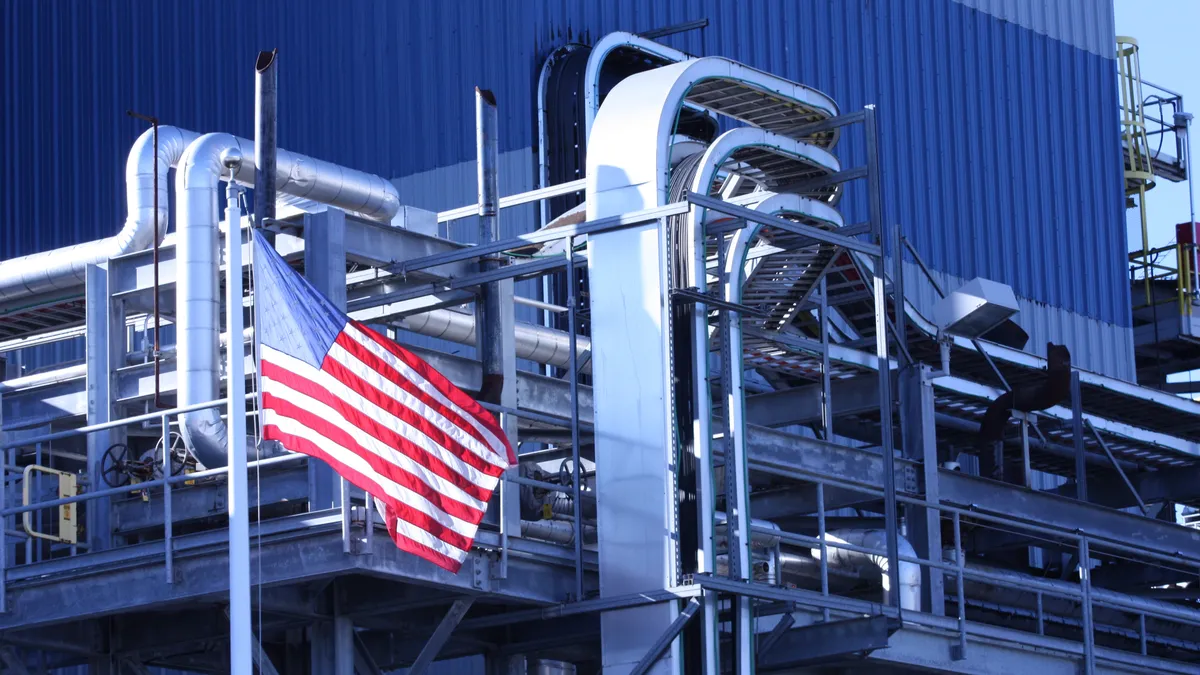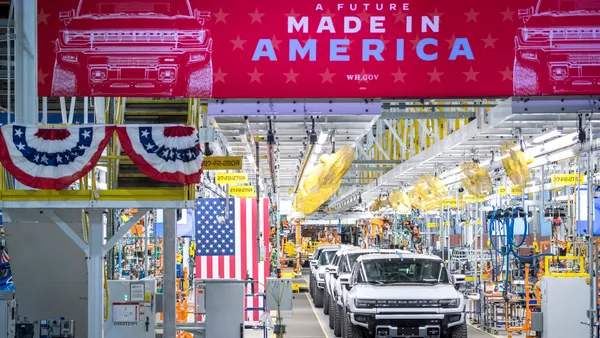The Institute for Supply Management’s September Purchasing Managers’ Index fell to 46.5% in October, down from 47.2% in September and the lowest reading of the year as companies brace for the impact of the presidential election.
The dip was primarily due to a fall in production, which was down 3.6 percentage points to 46.2%. Demand rose slightly however, up to 47.1%, leading to a contraction in backlog inventories.
A reading below 50.0% on a PMI index signals economic contraction.
Manufacturers continue to lay off workers and input hiring freezes as they lower production output. The employment index rose 0.5 percentage points to 44.4% in October.
Like in other recent months, Timothy Fiore, chair of the ISM’s Manufacturing Business Survey Committee, noted that customers continue to hold off on major spending ahead of the presidential election.
"The election and the potential for inflationary fiscal policies from both candidates are the most significant factors impacting companies," Fiore said on a media call Friday.
The S&P Global October PMI came in slightly higher at 48.5, up from 47.3 the prior month. New orders continued to fall, according to the index, but at a slightly slower pace.
Manufacturers again cited political uncertainty as the reason for a drop in demand. The impact of Hurricane Helene and Hurricane Milton during the month were also blamed for causing supply disruptions.
"Hurricanes have been blamed for supply disruptions, which should therefore ease in November, and manufacturers are feeling more positive about the outlook than at any time since May, hoping that demand will pick up once the uncertainty generated by the Presidential Election clears," Chris Williamson, chief business economist at S&P Global Market Intelligence, said in a statement.
In the transportation equipment sector, the ongoing Boeing strike is driving further disruption, Fiore said. The sector declined at "a pretty strong rate" in October, the economist added.
Boeing's production has been halted since workers went on strike in mid-September, sending ripples throughout the aerospace supply chain. The company is the largest exporter in the U.S.
Union workers will vote on Monday on a third contract proposal from the aircraft maker.
"The strike at Boeing is not helping," Fiore said. "Boeing has to get back up to their projected rates, and that would likely very much help our transportation equipment sector."
Fiore maintained that an industry recovery is unlikely to hit the sector until next year. He added that by February, manufacturers should have a better sense of the new administration's fiscal policy.
"We're probably going to stay in a slowdown period for the rest of the year," Fiore said.












